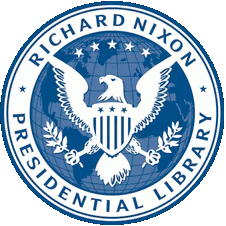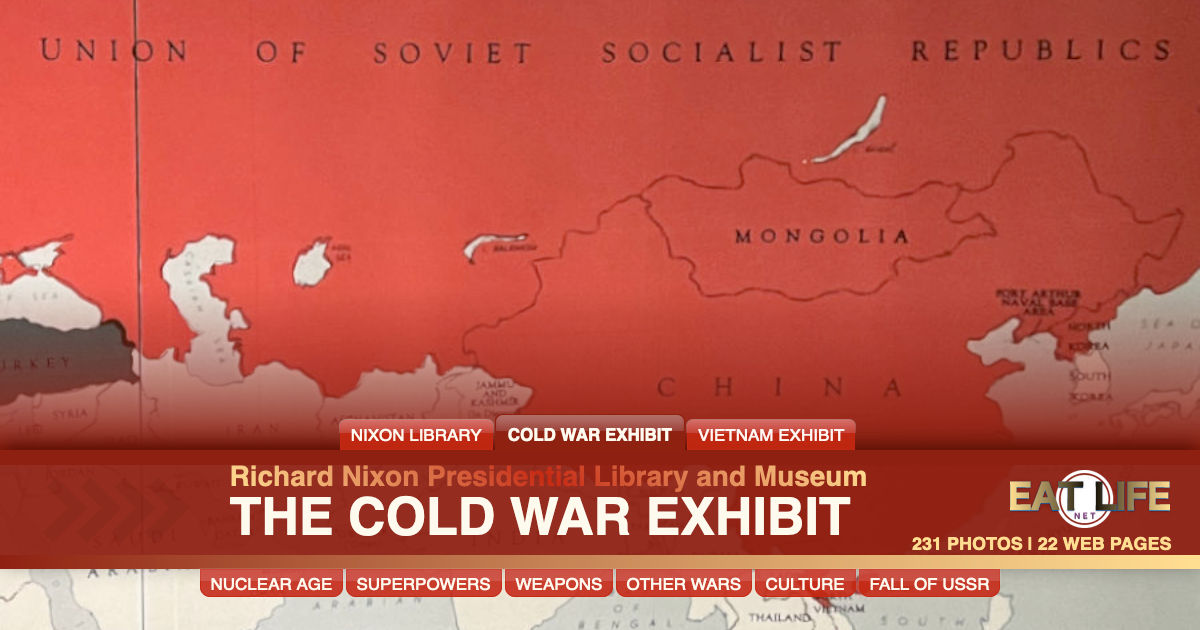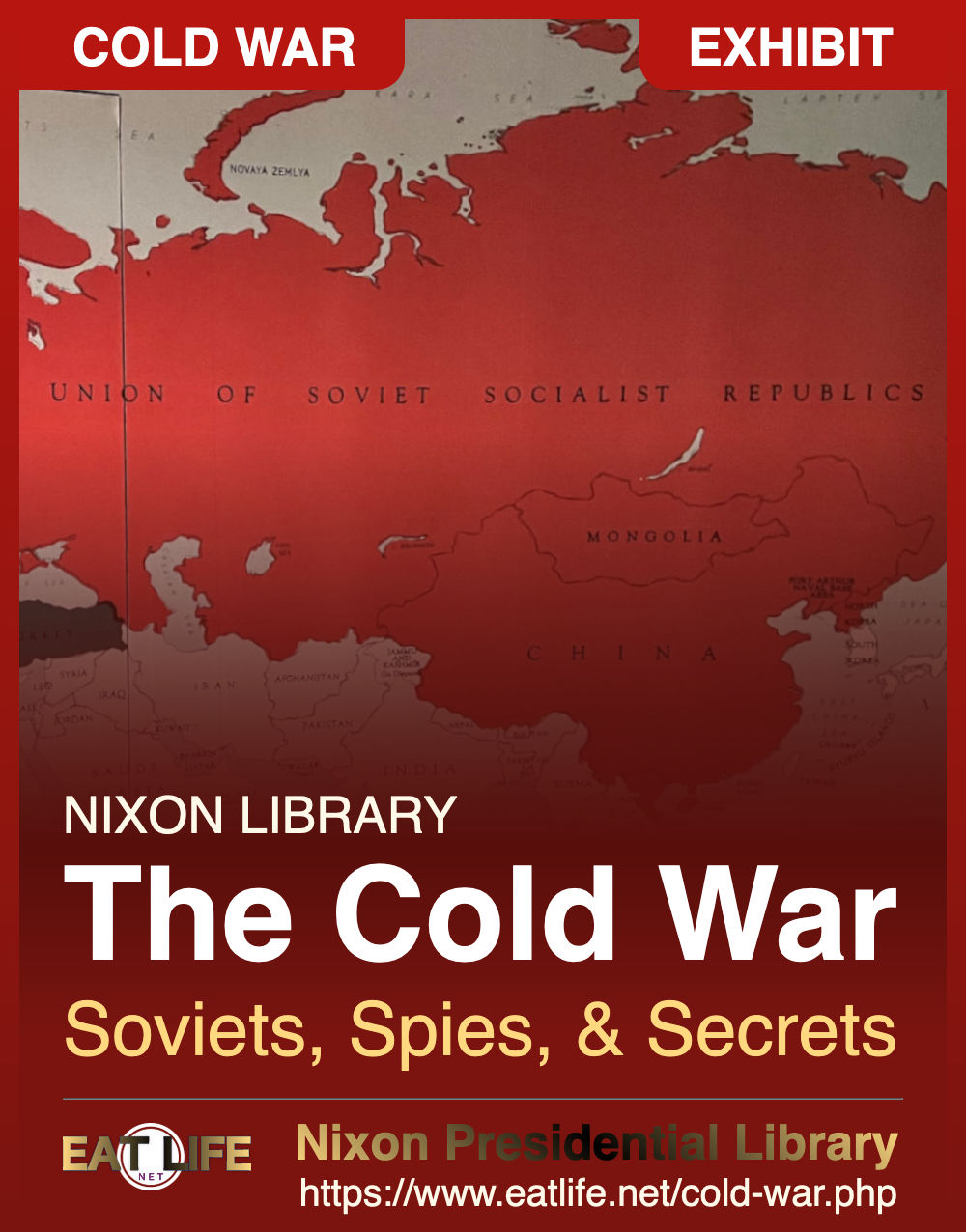22 WEB PAGES
With the war in Europe nearing a conclusion with the expected defeat of Nazi Germany, the leaders of the United States, Great Britain, and the Soviet Union agreed to meet to discuss the future of post-war Europe.
The Yalta Conference
On February 4, 1945, American President Franklin D. Roosevelt, British Prime Minister Winston Churchill, and Soviet Premier Josef Stalin arrived in the Crimean resort town of Yalta on the Black Sea.
When the meetings concluded a week later, the three leaders had reached agreements that would establish the conditions that led to the start of the Cold War.
The three leaders agreed to divide post-war Germany, and Germany's capital, Berlin, into four zones. The zones would be controlled by the United States, Great Britain, France, and the Soviet Union.
Roosevelt and Churchill also agreed that the nations of Eastern Europe on the western border of the Soviet Union should be "friendly" to the Soviet government. In return, Stalin pledged to allow free elections in those countries, a pledge he soon broke as the nations of Eastern Europe came under Soviet domination. The millions of people who lived behind what Churchill would call the "Iron Curtain" would spend 45 years under the control of the Soviet Union and the Communist Party.
Although the Soviets did not expand their "sphere of influence" into Western Europe, it clearly sought to expand communism beyond Eastern Europe. In response, President Harry S. Truman announced what came to be called the Truman Doctrine.
President Truman's policy committed the United States to "...support free peoples who are resisting attempted subjugation by armed minorities or outside pressures." Also known as "containment," the Truman Doctrine was a clear signal to the Soviet Union that the United States would oppose further Soviet expansionism.
We must come to realize that the Soviet program in Eastern Europe is the establishment of totalitarianism, ending personal liberty and democracy as we know it.- Averell Harriman
U.S. ambassador to the Soviet Union, March 1945
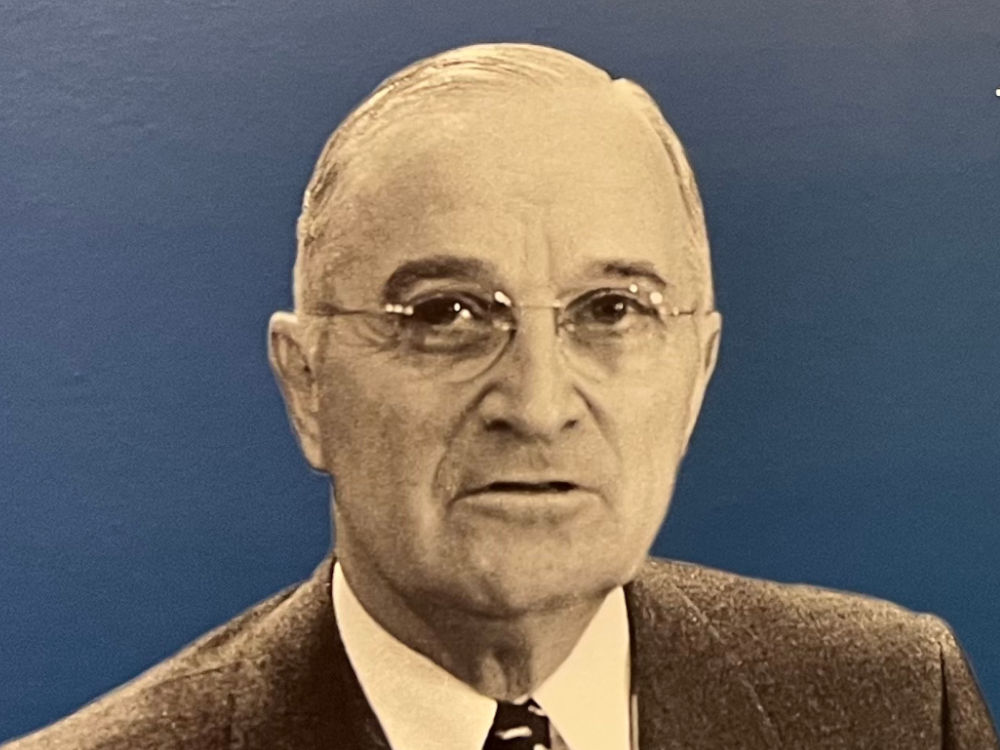
At the present moment in world history nearly every nation must choose between alternative ways of life. The choice is too often not a free one.
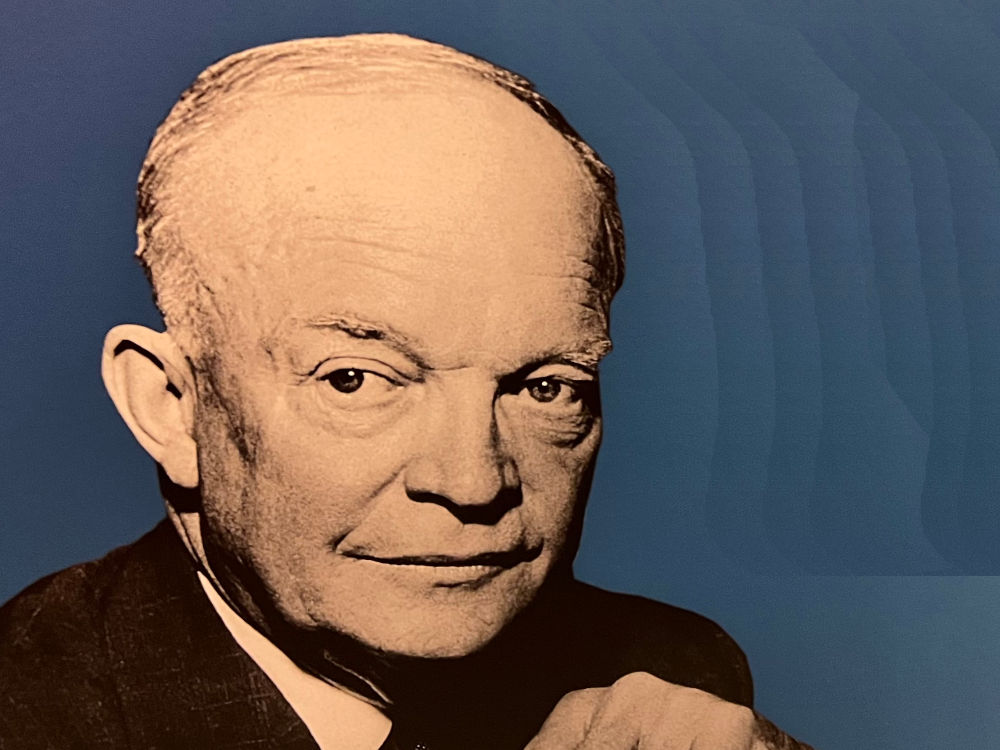
Since the advent of nuclear weapons, it seems clear that there is no longer any alternative to peace....
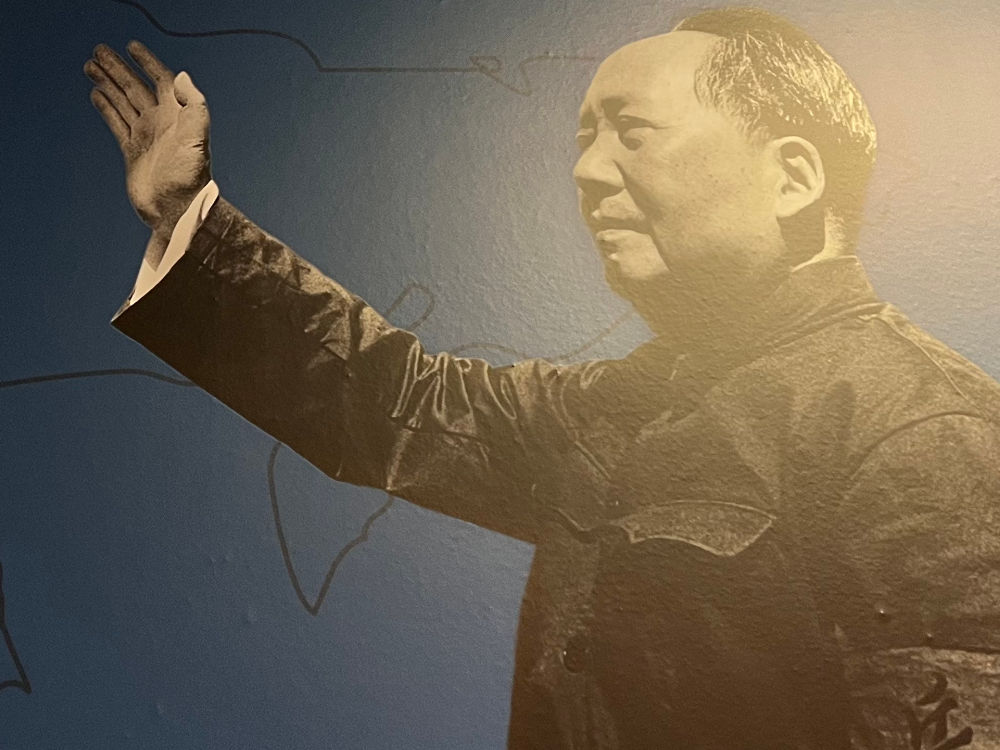
Communism is not love. Communism is a hammer which we use to crush the enemy.
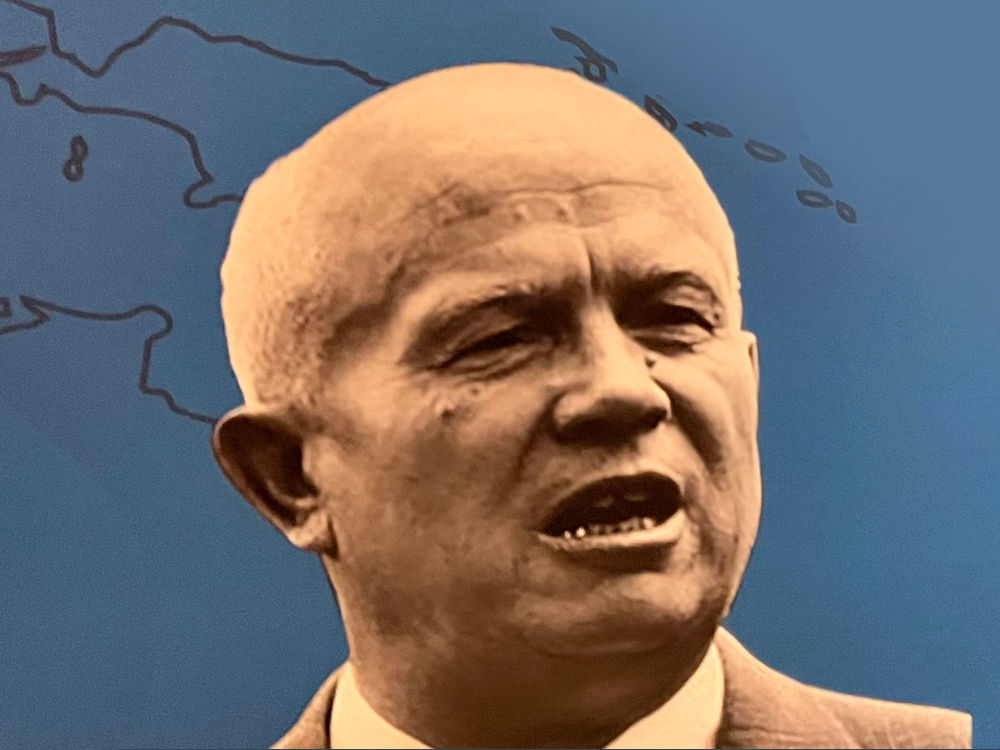
We will not have to invade the United States, we will destroy you from within.
Presented by Richard Nixon Foundation
National Archives and Records Administration
With Special Thanks to
- Art Russe - London
- Atomic Archival Film and Photography
- Berlin Wall Foundation
- Brown University Library
- Central Intelligence Agency
- Department of Defense
- Duke University Collections and Archives
- Dwight D. Eisenhower Presidential Library and Museum
- George H. W. Bush Presidential Library and Museum
- Harry S. Truman Presidential Library and Museum
- Harvard University Special Collections
- Hoover Institute - Stanford University
- International Spy Museum
- Jimmy Carter Presidential Library and Museum
- John F. Kennedy Presidential Library and Museum
- Library of Congress
- Lyndon B. Johnson Presidential Library
- Metropolitan Museum of Art - New York City
- National Archives and Records Administration - College Park
- National Atomic Testing Museum
- National Museum of Civil Defense
- National Museum of Nuclear Science and History
- National Nuclear Security Administration, Nevada Field Office
- Nuclear Testing Archive
- Chris Crain
- Radio Free Europe
- Regimes Museum
- Spy-Fi Archives
- Ronald Reagan Presidential Library and Museum
- The New York Public Library
- Titan Missile Museum
- United States Air Force
- United States Navy
- United States Olympic Museum
- Wende Museum










